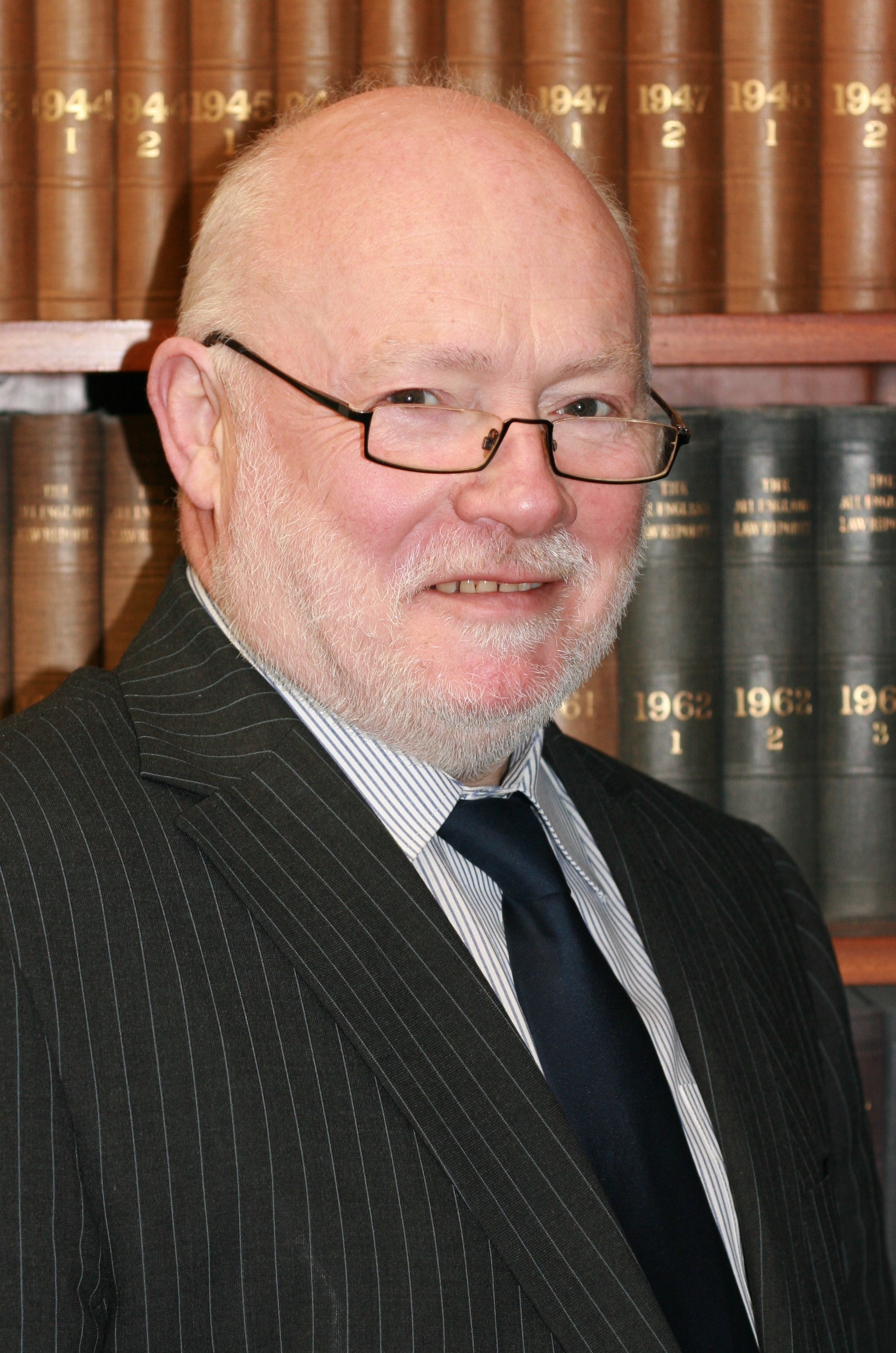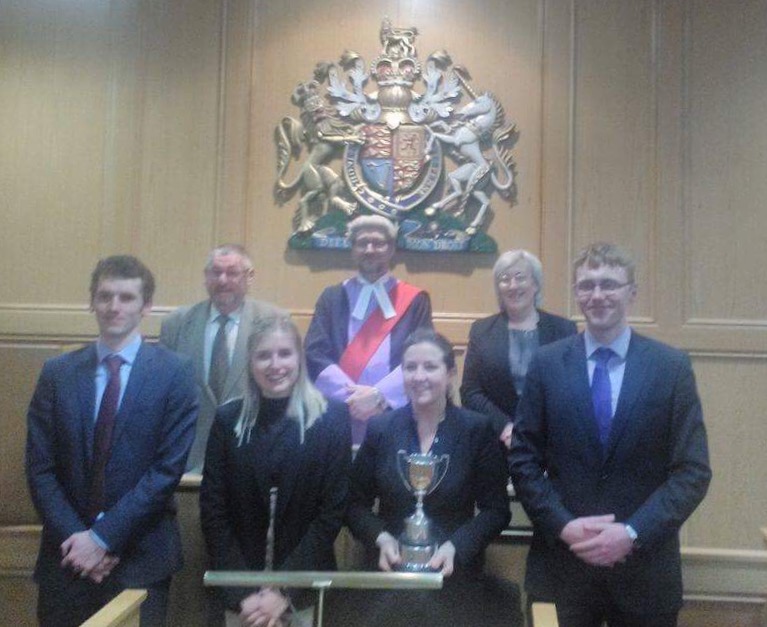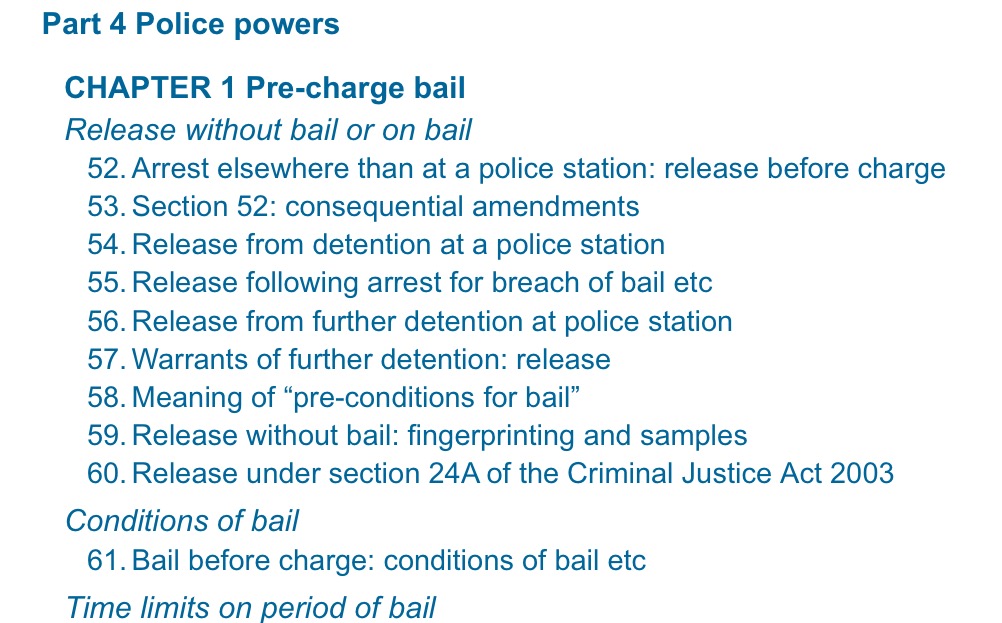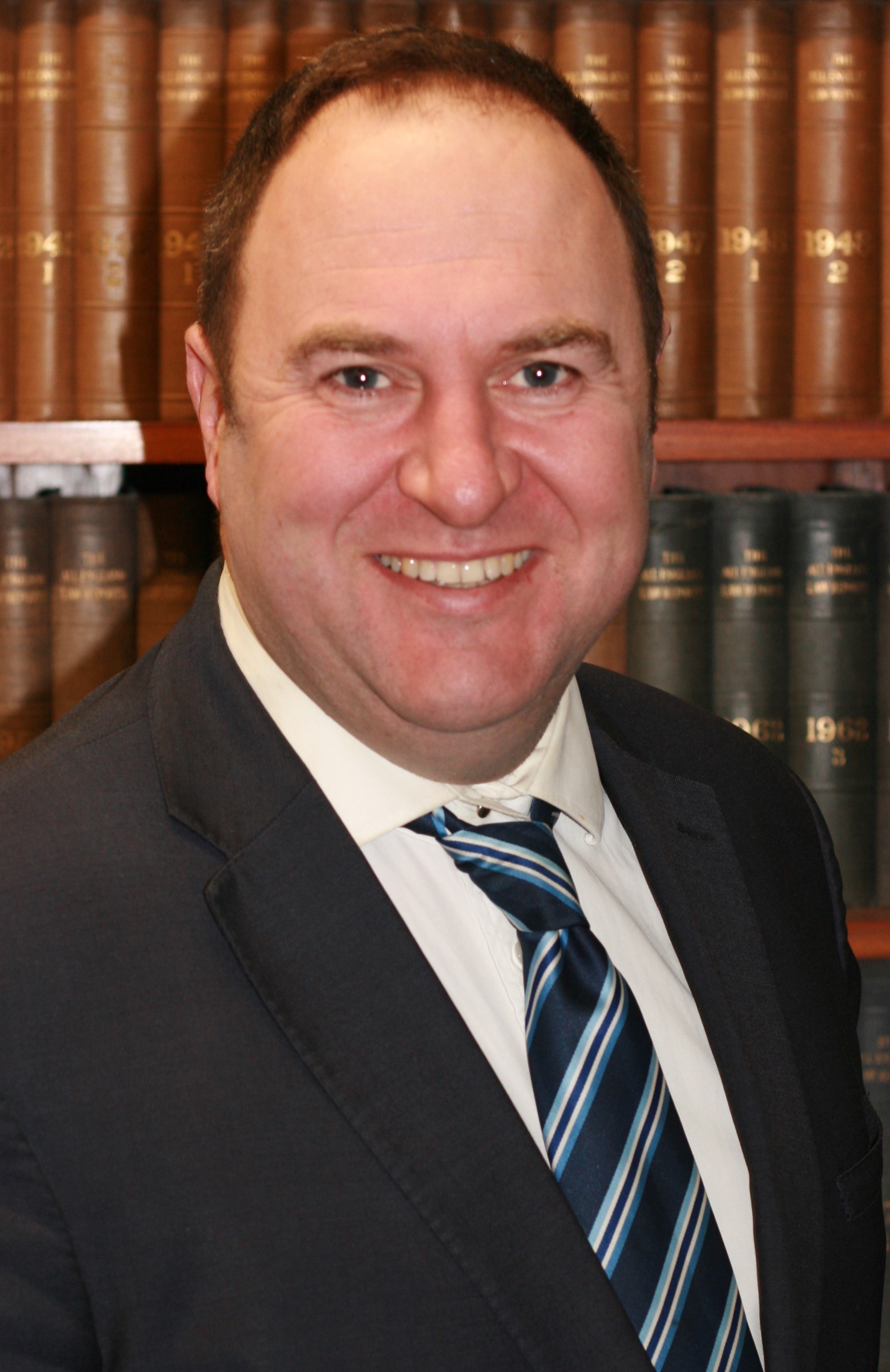Category Archives: News
The issue of pre-charge bail periods has been highlighted in the national press in recent years following the arrest of high profile individuals as part of major criminal investigations such as Operation Yewtree.

Campaign to limit pre-charge bail successful?
The spotlight has been on those individuals placed on Police bail for month after month following arrest whilst investigations were completed into the alleged crimes. The impact of these long delays, which are rarely explained, on the suspect, victims and the administration of Justice cannot be underestimated. A summary of the campaign to change the procedure can be found here.
As such the Government has attempted to address this in the new Policing and Crime Act 2017. However, while the revised 28 day bail period may be headline grabbing, a closer look shows a complex set of rules which reveal that this limitation is not what it seems.
Police bail in the past
The previous rules for individuals arrested by the police and placed on police bail whilst investigations continue in England and Wales are rather simple and open to abuse or lack of proper consideration. A custody sergeant would base a decision on what they were told by an investigating officer. He could be easily persuaded that it was necessary and proportionate to impose bail so that the Police could continue to investigate an offence. Bail could be granted to obtain a decision from the Crown Prosecution Service (CPS) to charge. The bail could be subsequently extended if more time is was requested and justified.
There were no time limits imposed on this, other than where minor offences needing to be charged within 6 months of the commission of the offence.
Bail without limit of time
As a result suspects who have not been convicted of any crime could remain on bail for months at a time, often with bail conditions that limited their private lives. They would not know if they were to face criminal prosecution or not. Thus people’s lives would be put on hold, simply waiting for a return on bail to the police station to find out their fate. Often, they were simply re-bailed as the investigation was said not to be complete. The waiting would begin again.
In some cases there may well be justification for such delays. For example, there may a large number of witnesses to find and speak to during a public disturbance, or expert forensic evidence is needed to be sought and tested, or hours of CCTV footage to be considered.
Often, however, any extension was due to officers not completing necessary enquiries due to the level of their workloads, lack of resources, unhelpful shift patterns, holidays and the transfer of cases between officers. The impact on a suspect or alleged victim could be immeasurable and so needed addressing.
New pre-charge bail rules from 3 April 2017
Due to this need the Policing and Crime Act 2017 has been passed. This brings in new rules on all new arrests from 3rd April 2017.
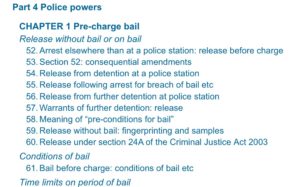 The main principal of the new law is that there is a presumption is introduced. This applies in cases where Police are not in a position to seek a charging decision immediately following a first detention. In these cases the suspect will be released without bail and contacted in the future if further enquiries deem it necessary.
The main principal of the new law is that there is a presumption is introduced. This applies in cases where Police are not in a position to seek a charging decision immediately following a first detention. In these cases the suspect will be released without bail and contacted in the future if further enquiries deem it necessary.
The legislation acknowledges that a large proportion of cases currently investigated result in a suspect being placed on Police bail whilst further enquiries are made. Therefore the presumption seems unlikely to apply in many cases and instead the police will continue to place suspects on bail.
28 Day Limit on pre-charge bail
Under the new law the police, where they feel it necessary and proportionate, can impose bail on the suspect to return to the police station in 28 days. This is substantially shorter than previous pre-charge bail time scales adopted by the police. It is designed with the hope that the police will continue to investigate the offence. There will not be the prejudice of substantial delays on the suspect or alleged victim.
Within that 28 day period the police are expected to conclude their enquiries. They should also obtain a decision as to whether the suspect should be charged. This should be a straightforward obligation on the police that should improve matters for all.
Rules undermining 28 day pre-charge bail limit
The 28 day limit is unfortunately qualified in several ways. For example, the period is suspended if the case is transferred to the Crown Prosecution Service for a charging decision. It only restarts when the case is returned from them to the Police.
As a result, if the CPS inform the officer that they will need 3 months to consider the file the suspect will simply have his bail enlarged for that period. It will not count. Whilst the Police would still have to consider if it is necessary and proportionate to have the suspect on bail for that period, past experience tells us that they will. Delays will continue.
Additionally, at the end of any 28 day period the prosecution can advise the officer that further work is required. The investigating officer can ask a Superintendent to extend the bail period by up to three months.
Time with the CPS doesn’t count
This three months is from the first arrest. However, it doesn’t include any time that the file has been with the prosecution. As a result it is likely to be longer. If at the end of this extended period the investigation is still not concluded the police can apply to a Magistrates’ Court for yet more time. This process can be repeated. It is unlikely that these applications will be conducted in a transparent manner, and disappointment with bail extension decisions are likely to persist.
Separate rules for designated cases
Applications to extend the length of pre-charge bail times will not be reserved for the most complex and serious cases. Such cases are deemed Designated Cases for the purposes of the legislation. These cases are allowed to wait even longer before any extensions to the bail period are sought.
Judicial oversight in bail cases is welcome. It will ultimately lead to frustration where the threshold for permitting an extension is low. There is further speculation that police will sidestep the legislation limiting pre-charge bail by treating the suspect as a volunteer. They are never arrested and not placed on bail, so the limits do not apply.
As a result, the headline grabbing 28 day bail limit will not do what it appears to say on the tin. Whether it will speed up justice and remove concerns about pre-charge bail times remains to be seen.
Contact a criminal defence lawyer to discuss pre-charge bail concerns
We have always recognised the impact that lengthy periods on police bail can have on our clients. We would always take the opportunity to make representations as to whether bail should be extended.
Our criminal defence solicitors and accredited representatives have received training in relation to the new provisions. They know what we need to do to ensure that your interests are protected during the investigation stage.
You can speak to a specialist criminal lawyer at one of our six offices across the East Midlands. Find your nearest office here.
Alternatively you can contact us using the form below and we will be in touch.


